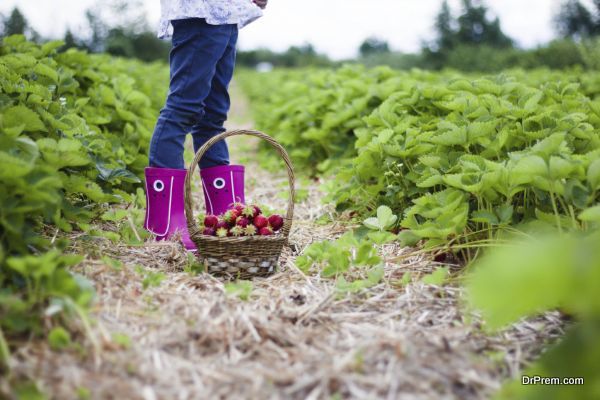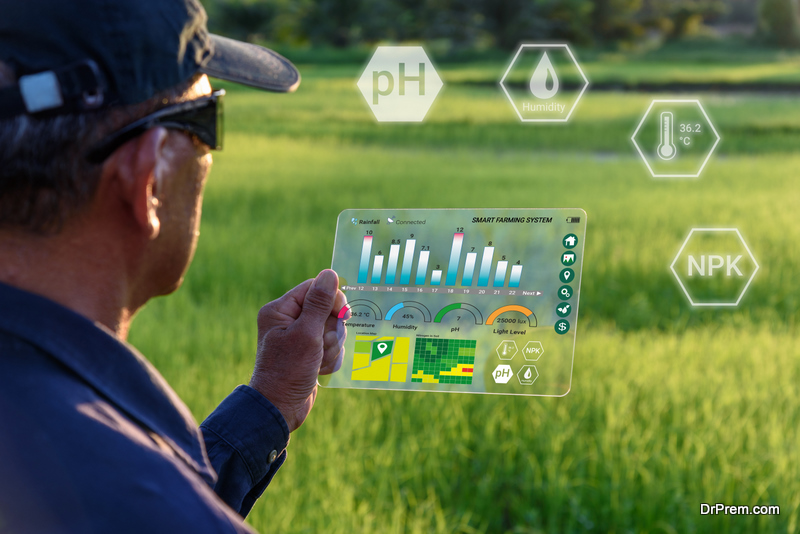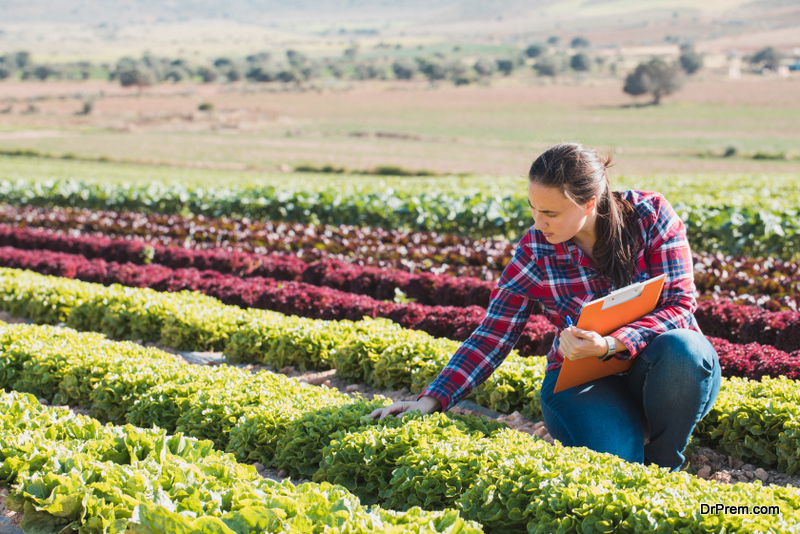If you love working outside, or if you just love the idea of growing your own food, you might consider starting your own farm – but it’s harder than most people realize.
For some, the thought of growing your own food from the natural soil is what’s appealing. For others, it’s the idea of working outside most of the day. Still others simply like the idea of getting a profitable return from the land they already own.
Whatever your motivation, there are strategies you can utilize to make your small farm successful – but it’s not something you can afford to take lightly.
Evaluate Your Goals and Priorities
First, you’ll need to evaluate your goals and priorities. What are you hoping to accomplish by starting a small farm? What is your definition of “small?” Do you want to generate a profit right away, or are you more interested in mastering the processes first?
There are no right answers to these questions, but you’ll need to answer them for yourself. You’ll also need to consider what you want to grow and produce on your farm. For example:
1. Fruits, vegetables, and other crops
 Do you want to focus on a specific crop, like a fruit or a vegetable? Or do you want to grow a lot of different crops at once?
Do you want to focus on a specific crop, like a fruit or a vegetable? Or do you want to grow a lot of different crops at once?
2. Livestock
Do you want to raise livestock? If so, are you raising them for meat, dairy, wool, or another specific type of product?
3. Other
You may also want to start a farm for research purposes, or for another personal motivation.
Write a Business Plan
 A farm isn’t something you can improvise – at least, not if your goal is to turn a profit. If you want to maximize your chances of financial and practical success, you’re going to need to treat your farm like a business. And that means writing a formal business plan.
A farm isn’t something you can improvise – at least, not if your goal is to turn a profit. If you want to maximize your chances of financial and practical success, you’re going to need to treat your farm like a business. And that means writing a formal business plan.
How is your farm going to operate? What is the primary way you’re going to make money? How much money do you need to start the business? What are the biggest strengths, weaknesses, opportunities, and threats associated with your model? What competition will you face? And who is your target audience?
You’ll need to do research and think carefully to find the answers.
1. Acquire Land and Review Local Laws
 When you’ve got a fully polished business plan to serve as the blueprint for your company and you’re ready to take the next step, you can start looking for land to acquire (or begin converting your existing property). Just be sure to review local laws so you remain in full compliance while doing so. For example, if you’re looking to acquire a land from Mossy Oak’s Mississippi properties, you must know first the local laws in Mississippi and adhere to them when buying a land.
When you’ve got a fully polished business plan to serve as the blueprint for your company and you’re ready to take the next step, you can start looking for land to acquire (or begin converting your existing property). Just be sure to review local laws so you remain in full compliance while doing so. For example, if you’re looking to acquire a land from Mossy Oak’s Mississippi properties, you must know first the local laws in Mississippi and adhere to them when buying a land.
2. Use the Right Products
Next, you’ll need to be sure you’re using the right products. With a company like Brewer International, you can get access to some of the best pesticides, herbicides, and other products for your agricultural needs. Investing in these products and using them properly can help you get a bigger yield from your dedicated land and minimize the risk of loss – all while keeping your expenses to a minimum.
3. Get Education and Training
 You may have a natural green thumb, but if you want to run a successful farming operation, it’s important to spend time getting professional-grade education and training. Take classes, find a mentor, and keep challenging yourself to learn more about the farming world.
You may have a natural green thumb, but if you want to run a successful farming operation, it’s important to spend time getting professional-grade education and training. Take classes, find a mentor, and keep challenging yourself to learn more about the farming world.
4. Start Small
If you’re new to the farming world, it’s a good idea to start small. If you’re buying a new plot of land, don’t buy more than you can confidently handle. If you’re taking out a loan, keep it reasonable. If you already have a career, considering trying to keep it while managing your farm – or at least keeping the door open in case the farm doesn’t work out. Starting small will help you mitigate risk.
5. Diversify
 You’ve likely heard the advice to “diversify” your investment portfolio. The general idea is to invest in many different types of assets so you’re not overexposed to any one source of risk. If you’re starting a small farm, you’ll want to diversify as well, and in multiple different ways.
You’ve likely heard the advice to “diversify” your investment portfolio. The general idea is to invest in many different types of assets so you’re not overexposed to any one source of risk. If you’re starting a small farm, you’ll want to diversify as well, and in multiple different ways.
For starters, you’ll want to diversify the types of crops you’re growing and the income-generating opportunities you’re using. That way, if a single type of crop fails, you won’t suffer catastrophic losses of income. Additionally, it’s a good idea to invest in many different sources of income. If you’re an inexperienced farmer, you don’t want your small farm to be your exclusive source of income.
Everyone has to start somewhere. If you’re new to the world of farming, expect to experience some hiccups and failures as you gradually gain more expertise. If you’re patient and willing to learn, eventually, you’ll be able to make your land profitable – and enjoy yourself in the process.
Article Submitted By Community Writer


